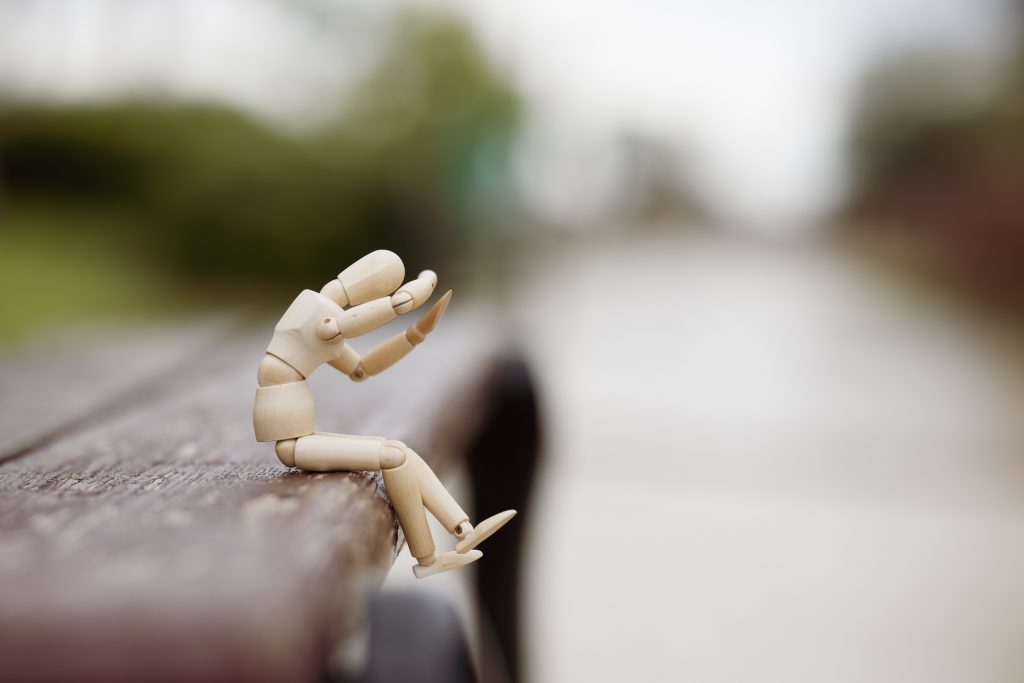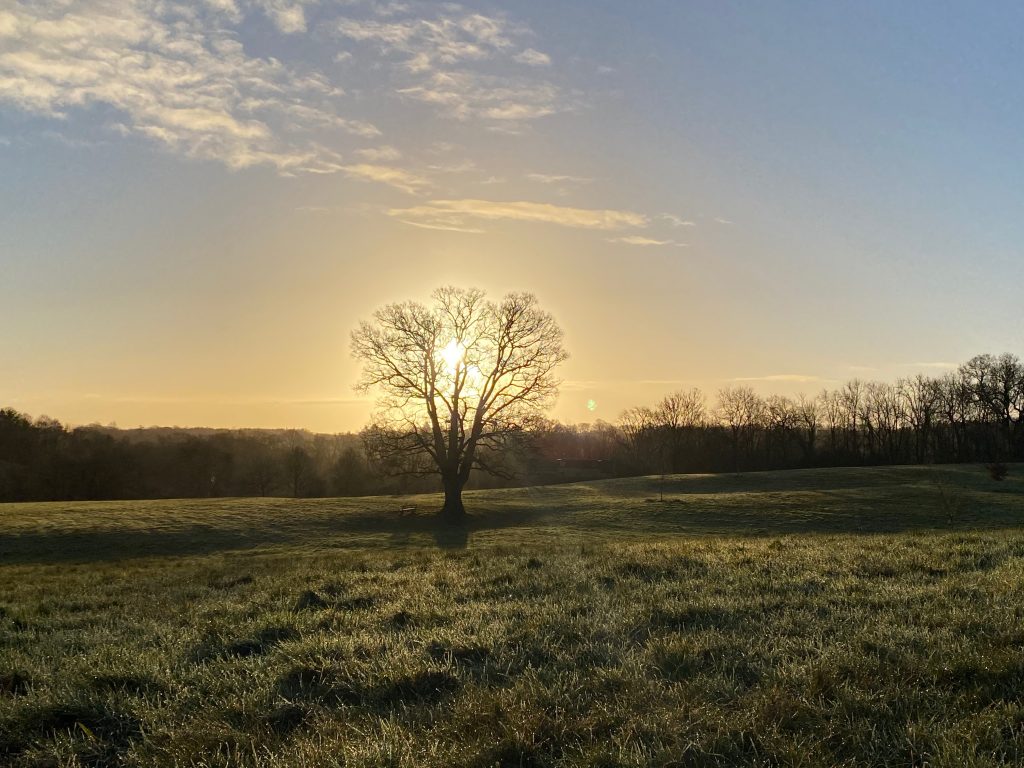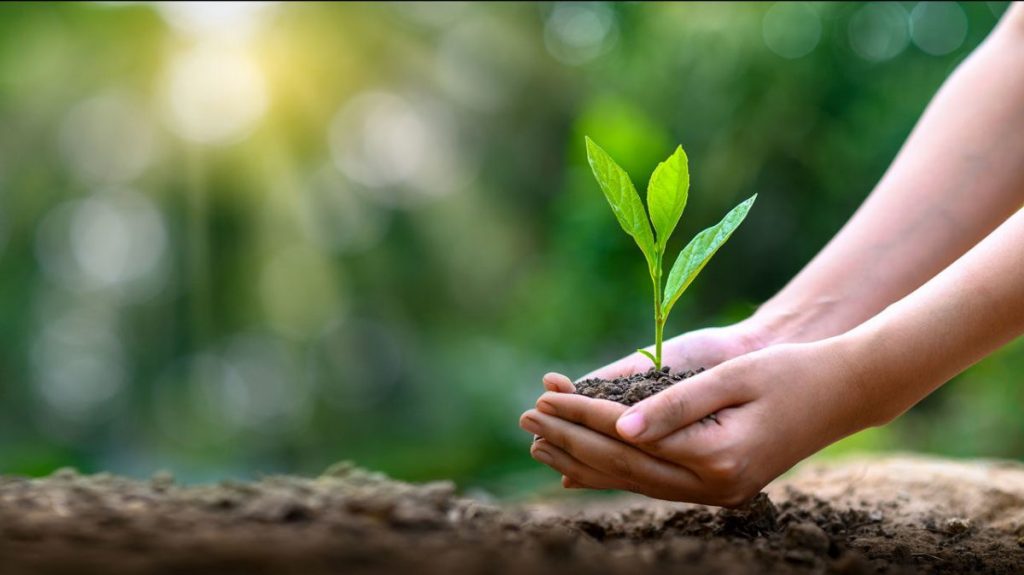Written by Lara Just – December 2020…

After the events of this year, many of us have experienced challenges, losses, and above all change. My practice has been very full this year with the biggest spike in the second half and the predominant themes amongst those struggling the hardest are sadness and frustration, social isolation and loneliness.
Feeling lonely and being alone are two quite different things. Let me clarify this point.
We can feel alone when we feel by ourselves or not having anyone that could help or support us. But being alone or by ourselves doesn’t equal feeling lonely.
Some people can feel quite grounded in their own company.
However, others can feel lonely even if they are in company with others.
E.g. we can feel lonely when we are in an unhappy relationship, or in very challenging family dynamics, or when we feel like an outsider in our peer groups – these are just some of many examples.
This can generally is accompanied by feelings of sadness, amongst many other difficult emotions.
It depends on each person and their felt reality about the situation. There is no right or wrong way of feeling. There will be good reasons with our unique background history for us to experience our own felt reality. And it often would help to listen to our needs and explore these a bit more. E.g. invite sadness to be with us for a while, to feel it and understand it.
From my blog article at the same time last year (see here Endings for new Beginning: Meeting 2020 with Horns), I used the metaphor of the horns but also the metaphor of water. One explores having healthier boundaries, the other flexibility and flow. Both of these were aimed to invite movement and flow, not stuckness. E.g. water in a stream continues to flow and finds new ways despite any boulders and rocks that are in the ways (e.g. representing the challenges).
When we feel stuck or held back or cannot do what we have planned or feel out of control, this can also lead to frustration, sadness, anger or feeling lonely in your aspirations.
The challenges of the year 2020 will certainly now require some kick-ass creativity and adaptation in 2021 as we all now know that there is no ‘going back to normal’ – or to ‘how it was’ before anymore. There will be some ‘new normal’. Something we have no idea about yet of how this may look like.
What about you? What was your experience of 2020? Did you need ‘horns’ this year? Or did you have to learn to be like water? Or do you still feel stuck or in a state of shock? Or do you feel you have adapted well so far? How have you coped?
Most of us have never expected or experienced anything like what happened this year. And this may require different ways of copying then what we have tried before.
But first let’s also look at some of the things that have happened that could also be seen as positive this year.
For some, the impact has not been as noticeable as for others. For example, those lucky enough to live in the countryside, or those having experience little disruptions on their daily routine, perhaps having worked from home already before. I happened to move out to rural Somerset in March this year, just a few weeks before the first unexpected lockdown. Runners, cyclists and hikers, are still doing their thing as usual. More people seem to be active outside now too, so perhaps there are increased exercise levels, which would be good for our health and wellbeing and stress management in general. Dog walkers still walk their dogs as usual… And in the countryside, in some places you may still not meet anyone at all on your walks.
However, especially for those in the more densely populated areas and cities – it’s been really tough. It’s kind of in your face as soon as you get out of your front door. But there are also many parks, woods and other places one can get to, to feel like you can move about more freely. Hampstead Heath in North London and the major commons around London, have seen many more outdoor enthusiasts it seems then before.
And so much more has happened and is happening now online too:
- Working online.
- Groceries online.
- Shopping online.
- Yoga online.
- Exercise online.
- Art workshops online.
- Writing Groups online.
- Teaching and professional education online.
- Theatre online.
- Therapy online.
- [fill any idea in here] online…
The word “Zoom” is now in everyone’s vocabulary and synonymous with meeting socially and professionally virtually online. Somehow “Skyping” seems to be no longer used as much as before! Creative ideas have sprung up, collaborative work; and amazing artistic work like an online Zoom theatre with more than 100 participants from one small clever theatre company (Damn Cheek Productions).
All from your home.
Thanks to additional satellites and the bump-up of enhanced technology infrastructure it can now be with minimal disruption even in some remote areas.
Interestingly enough some of my online “Zoom” client sessions between Brazil and the UK have been less disrupted and more crisp in image than between Somerset and London!
Many companies and schools have fast tracked their technological capabilities to allow for this. Online supermarkets and online shopping has gone through the roof… all being still delivered right to your door step even in remote countryside places.
Less commuting, perhaps less polluting, more leisure time, more family time, more time for exercise, reading, cooking…there have been all of these things too. Maybe less money, maybe less spending, maybe more savings and more spending. Depending on the personal circumstances.
Bottom line is, if you have experienced the changes as negative or positive or both or neither – nothing is as it was, and it won’t be, which we now have to slowly accept.
There will be a ‘new’ normal or baseline in everything we do. How we work, live, socialise.
As humans we are in general not good with change.
Even if it is for the better.
Change means loss, which I have written much about in previous blog articles and my eNews posts. To be able to embrace change and new things to move forward, “grief” is actually an important ingredient. Grieving and feeling the pain of loss is not something that we naturally want to do. In fact, in this society we are generally told not to do this and instead to ‘get over it’ and on with it. Though the actual process of healthy grieving and adjustment can take months, and many years – without necessarily a finishing date.
Most of the time there is not enough time and space made for this. We keep going, coping, buckle down and “get on with it” as we have always been taught. This only means that ‘stuff’ lingers and simmers longer, and eventually at some point in the future comes out in unpleasant bursts on in a potentially in a huge bang.
All of this change that has happened this year, none of which was expected by anyone. It will require some more time and space for adjustment. To grieve and to accept the changes that have. Happened but also to allow us to make new changes for ourselves.
This year has forced us to more urgently reflect on many important things:
- Re-evaluating our lives.
- Our line of work.
- Place to live.
- Getting a dog (or cat…or /fill in here/).
- Friendships.
- Relationships.
- You name it.
But how do we start and embrace this change?
Many clients of mine have complained about a lack of motivation, and a sense of procrastination, despite the fact there may have been more time on our hands. Then also beating themselves up about not doing more. It is fascinating how used we are to pushing ourselves forward, of being productive, having to do things and achieve things.
Though we are naturally also seasonal creatures that are inherently influenced by the circadian rhythms. And thought the first lockdown may have been at the start of summer in the UK, – right now is winter. We are meant to slow down, hibernate and save our reserves for the next season to come.
We could use this time for more nourishment, nurturing and planning.
But how do we do this in the face of chaos and uncertainty? How can we bypass or park our worries and fears about the future to look ahead to what we want to create amidst all of this?
There are a few ways to start and of course there is no one magic answer here, as you may have guessed.
Yes, of course the usual recommendations are: write things down (journaling), meditation, exercise, breathing, going outdoors – walking in nature.
These all really useful strategies. But they can also be hard not only to start but also to maintain, when it is connection and interaction with others that some of us crave and need.
If you are already doing lots of self-care strategies like these, as well as reading, watching various box-sets, movies, documentaries, listening to audio books, cooking/baking, doing something creative or started exercise or hobbies – but missing the interactivity with others, then ‘others’ have to be added to the mix if possible.
- Join an outdoor or online group of a common interest. There are many Meet-Up groups that still organise safe hiking events and many other groups, like writing groups or other creative online groups.
- Reaching out to old friends or lost connections. Rekindling connections can be really helpful esp. some people who know us and we have had things in common with.
- Get outdoors. We can share a walk with someone in nature, if you have access to a park or woods.
- Talk about it. Sharing your fears and concerns, about how you currently feel with everything is important. You may be surprised as your friend may open up in similar ways, realising that you are not alone in this. You can exchange ways of coping or also come up with doing some more fun things that you haven’t done in a while.
- Plan ahead with dreams. Planning ahead for the New Year may require to shut out the inner critic, the one that only points out the obstacles and says you can’t do it because of x,y,z. It requires to just let out the dreamer and think ‘wildly’. Maybe write some things down, journaling, or make a drawing or a collage of it collected on a walk with a friend and perhaps sharing this with a friend.
How would you like our 2021 to look like? What would you like to do?

Wishing you a peaceful Christmas 2020 and a good and a smooth and healthy transition into the New Year 2021.
If you have any questions or comments on this article, please feel free contact me. I would look forward to hearing from you.
